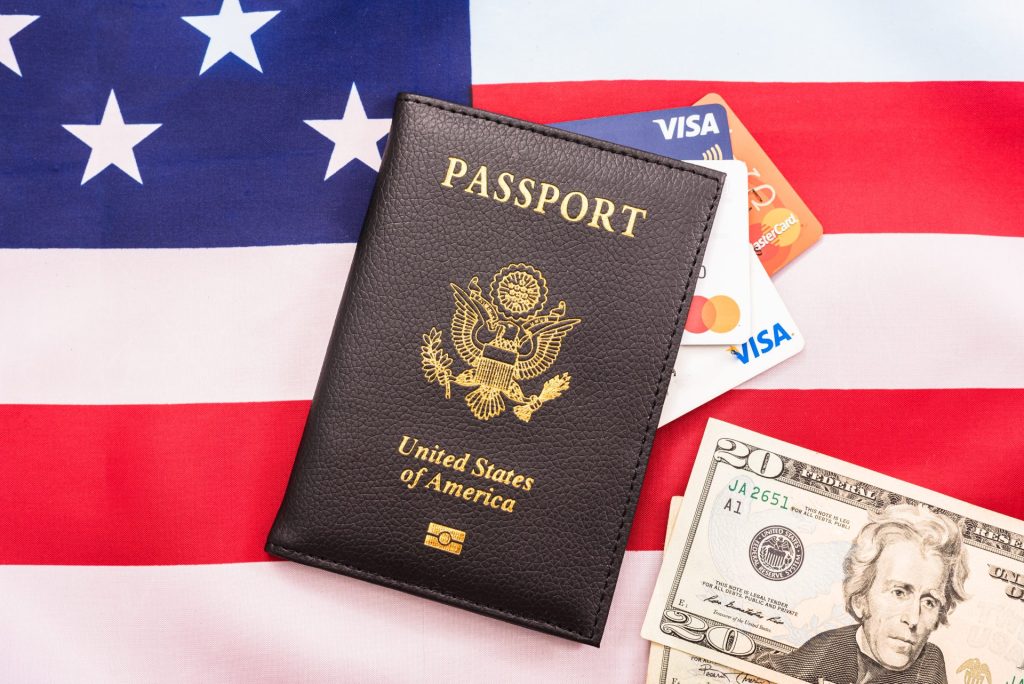Coming to the U.S. on a student or exchange visa comes with the responsibility to maintain your immigration status while you complete your program. You can violate your immigration status in several ways, but the primary ones include overstaying your visa, reducing your academic load below full time and exceeding your work authorization.
If you violate your immigration status, the U.S. Citizenship and Immigration Services (USCIS) may determine that your continued presence in the U.S. is unlawful. This could lead to deportation and removal and, if you remain out of status for 180 days, a 3- or 10-year reentry bar.
Earlier this year, the USCIS changed how that 180 days of “unlawful presence” is determined for F, M and J visitors. In the past, when the USCIS found someone to be out of status, the agency would issue a formal finding. The 180 days was counted from the date of that formal finding. The immigrant would then have an opportunity to respond and cure their immigration status. Now, the USCIS has begun counting the 180 days from the first day of the status violation itself.
That’s important because many immigrants are unaware when they fall out of status. Dropping a single class or taking a campus job unrelated to your field of study might be status violations, for example. Under the new rule, some immigrants could be hit with the 3- or 10-year reentry bar before they are even aware there is a problem.
The USCIS could also be wrong in its determinations, which do involve discretionary judgment. The old rule gave the immigrant a chance to show that the USCIS was mistaken. With today’s long processing times and backlogs, students and scholars may be given no real chance to challenge the agency’s determinations.
A group of colleges recently sued the USCIS over the rule change. They claim the new rule was not passed through the proper rulemaking process; that it is arbitrary and capricious, which is illegal; that it incorrectly interprets the statutory meaning of “unlawful presence”; and that it violates the immigrants’ due process rights.
The USCIS says the new rule is needed to prevent visa overstays. International students and exchange visitors are the only populations of immigrants who get monitored throughout their stay in the U.S., and the Student and Exchange Visitor Information System even flags potential status violations.
If you are a student or exchange visitor who needs help with a possible status violation, or if you are interested in coming to the U.S. to study, contact Yew Immigration Law Group. We have years of experience helping people come to and stay in the United States.










